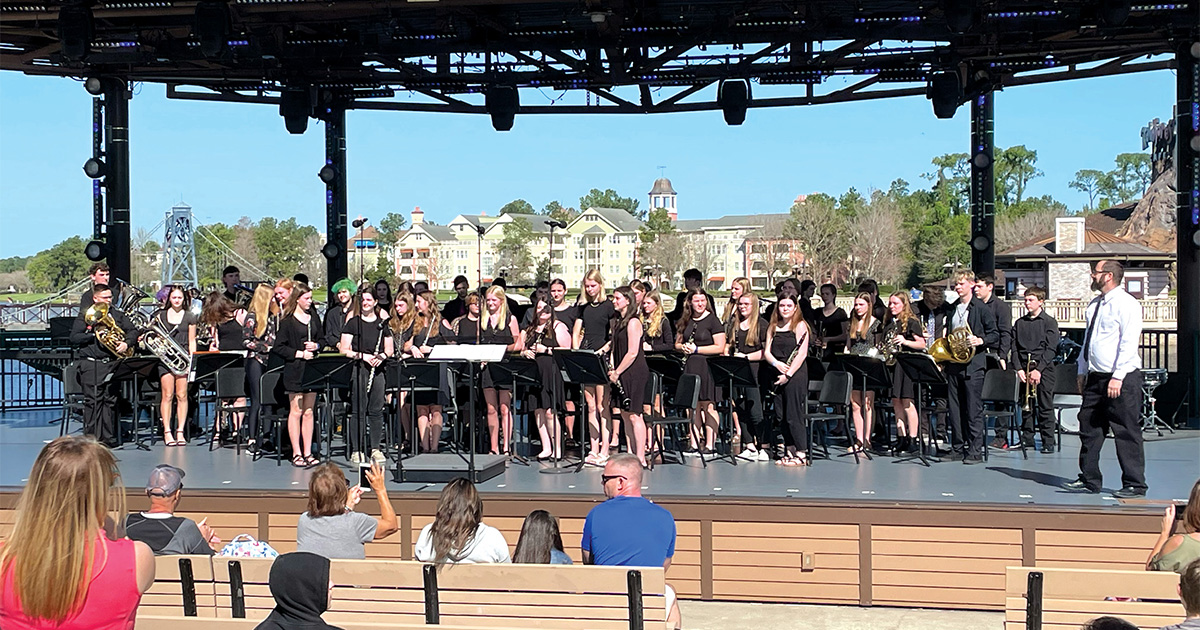Student travel begins long before your class steps onto the plane.
While we believe travel has plenty of merit on its own, if you want to get the most out of your big trip, it’s best to tie the experience back to the classroom. Between potential activities, discussions and quizzes, there are tons of ways to use the trip at home both before and after you’ve gone.
Here are a few tips on how to tie travel to the classroom:
- Take advantage of pre-trip resources. When you’re planning your trip, take a second with each destination and attraction to see exactly what resources they have available for student groups. Many museums, nature parks and other cultural centers offer thoroughly planned lesson plans and activities to prepare for your trip. If you want to tweak things, you absolutely can, but these pre-provided resources provide a great base to work from, with no extra work on your behalf. Trust the experts!
- And post-trip, too. When you get back to the classroom, you don’t want everything you learned to fade away immediately as students shift back into routine life. Take advantage of the post-trip high and use provided activities to discuss what you did and saw on the trip. Don’t just ask your students what they learned from the trip—help guide them into revealing what they truly took away with creative activities. Have them pretend to be an art/food/travel critic writing about the visit, for instance.
- Make your own activities. If you want your students to be in the right mindset once you reach your destination, you should prepare them. For instance, you could start with a discussion on what your students expect the destination to be like. Do they have any preconceived notions or stereotypes? You can prepare them for the reality, or simply let them experience the destination on their own, and then have another discussion post-trip about how things differed from their expectations. And that’s just one example—another idea is to ask what they’re most excited for, then later find out what they actually ended up enjoying most.
- Play some trivia! This is a great way to teach students about the geography, culture, and what else they can expect from a destination. As great as my high school Europe trip was, I had no real sense of where I was or where we went as we quickly moved from country to country. Learning a bit more about our itinerary/destination would have helped me make the most of the cultural experience. Another fun way to do this—if you have the design expertise—is your own homemade travel brochure! Post-trip trivia works too, as a way to cement the knowledge gained while gone.
- Bring back the fun. After returning from your big trip, students might have the post-vacation blues. Instead of simply reminiscing on your time together, bring some of the fun to the classroom, such as a day of food/treats from your destination! You could also watch a slideshow/video with highlights of the trip, providing the perfect opportunity to discuss what was learned on the trip and what students enjoyed.
- Bring in the curriculum. With any luck, the trip can actually tie into your typical classroom curriculum. Maybe one of the books you’re reading this year takes place in the trip’s destination, or a big moment in history occurred there, or a famous musician/composer comes from there. Or, perhaps you can tweak the curriculum to suit the trip, swapping one book for another. Whatever it is, you can use that as an opportunity to get students excited for the trip well in advance, and then call back to it while on the trip.
- Prepare questions for the trip. Ask students to think of questions they may have for the locals, whether it’s cultural curiosities, historic moments, or something else entirely. Then, while on the trip, you have pre-prepared questions for tour guides and other people you meet. No more, “Alright, any questions,” followed by a long silence.
- Bring the tour operator in. While your operator may be your best friend, your students likely don’t know them at all. Establish a connection before you even go on the trip by having the operator visit the classroom if possible, hyping up the trip and telling the class all about what to expect. No offense to teachers, but chances are, they’re a better salesperson than you! It’s their job, after all.
This story was written by Josh Veal, Managing Editor for Teach & Travel.




